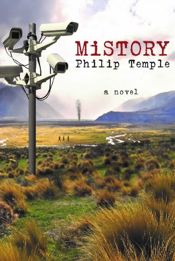Chile’s new tax could open carbon doors for NZ
Chile’s new carbon tax potentially offers New Zealand an opportunity to offset some of its own agricultural greenhouse gas emissions, says economist Dr Suzi Kerr. The $US5-a-tonne carbon tax slipped into Chilean law last month as part of a package of tax reforms.
Soils SOS as cities gobble up our best growing land
New Zealand is allowing its elite soils to be eaten up by cities — despite signing up to a new global campaign to protect valuable agricultural land. New Zealand launched its membership of the 17-country Pacific Soil Partnership on Wednesday – the same day that the Government announced it would push ahead with plans to ease planning rules to allow our cities to spread.
Rod Oram: Why i’m getting out of fossil fuels
Business commentator Rod Oram is putting his money where his mouth is when it comes to sustainable investment. Like the Rockefellers in the United States, Oram has ditched his fossil fuel investments.
Kiwi savers want investments to do clean work
A survey of New Zealanders has revealed that Kiwis care deeply about how their KiwiSaver funds are being invested and that they want more sustainable KiwiSaver options. Continue reading “Carbon News 20/10/14: Chile’s carbon tax, soil SOS and more pressure on dirty investments”


 So, the threat of a terrorist attack on New Zealand i
So, the threat of a terrorist attack on New Zealand i Anyone who follows the science of climate change knows that we are heading for environmental and social turmoil along our current path. In his new novel
Anyone who follows the science of climate change knows that we are heading for environmental and social turmoil along our current path. In his new novel  Over 2012 and 2013, parts of New Zealand experienced their
Over 2012 and 2013, parts of New Zealand experienced their
You must be logged in to post a comment.